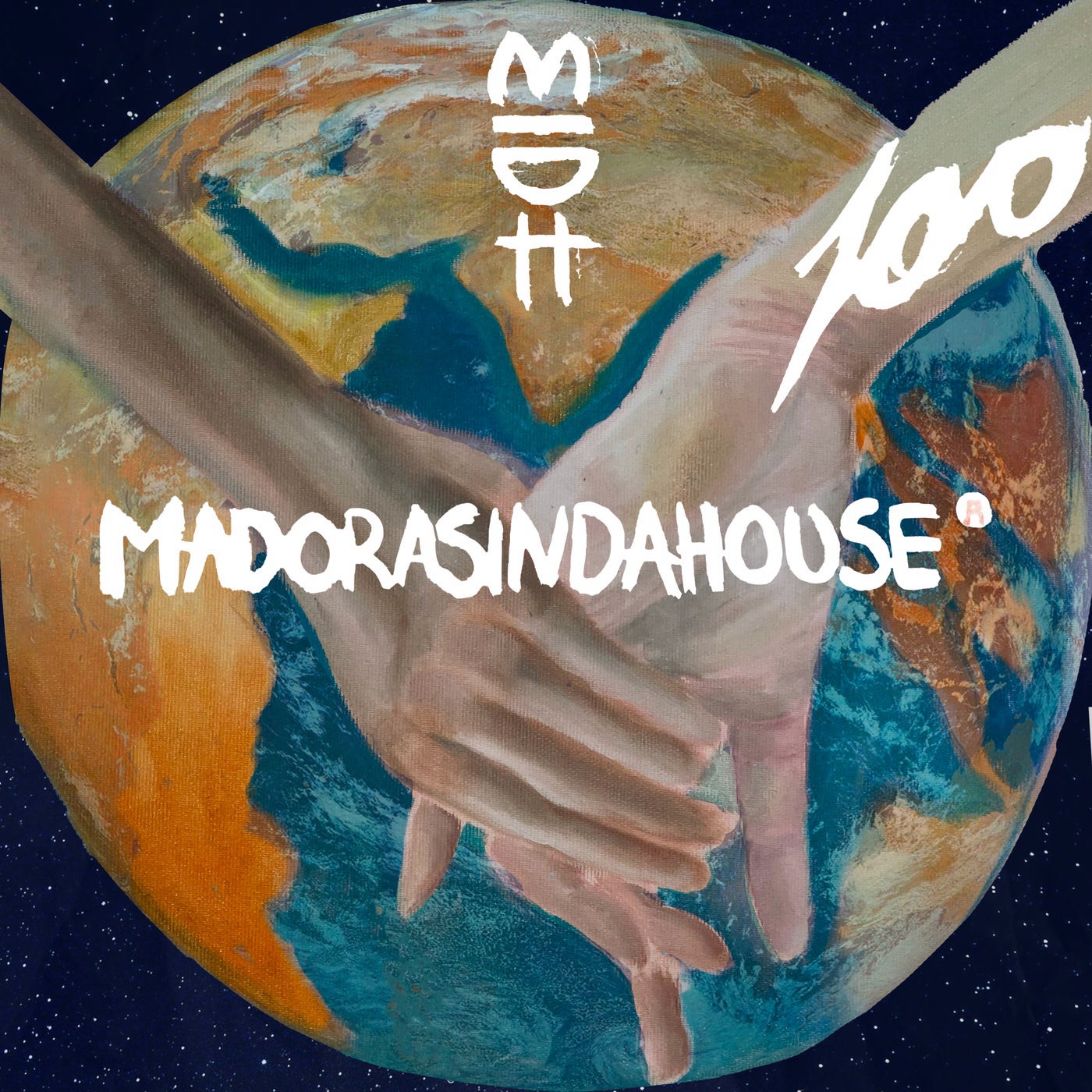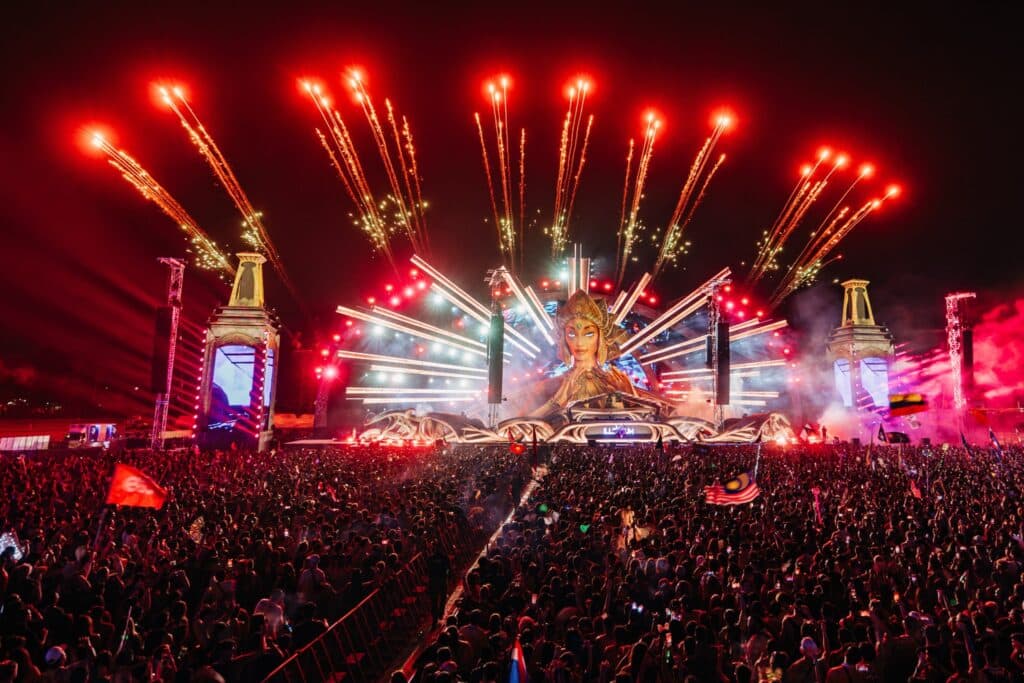Mining Metal is a monthly column from Heavy Consequence contributing writers Langdon Hickman and Colin Dempsey. The focus is on noteworthy new music emerging from the non-mainstream metal scene, highlighting releases from small and independent labels — or even releases from unsigned acts.
Colin and I were talking about literature the other day when I offhandedly said that I prefer work that writes from within itself. By that, I meant work that doesn’t seek to explain itself, not out of a pretentious desire to keep people out but more out of an inner intensity, a desire to enmesh you within its concept-world by experience rather than sitting and pointing and lecturing about any given thing in the book. Music, it turns out, is the best way to make this clear; songs, especially truly great ones, don’t explain their emotional character to you but instead make you feel it. This is why we can throw on a song we don’t know the lyrics to, don’t understand the lyrics, don’t speak the language of the lyrics, and by a combination of the music and the charisma of the vocal performance we can assemble both a meaning and a concurrent sent of imagery. A song that opened with someone deadpanning saying “I am trying to make you sad” would be laughable; hopefully, it would be done tongue-in-cheek, rather than a lot of what passes for current literary fiction, which begs you to feel something the writer isn’t skilled enough to elicit on their own.
It turns out, as I sat and thought this off-handed comment of mine over, that this is the same mechanism through which I prefer works that overwhelm and engross me. This tends to be from experimental, progressive, and avant-garde work, but that’s more by the common success rate of those spaces at achieving this rather than them being somehow naturally better. Music and mysticism have always gone hand-in-hand, going all the way back to Babylon, ancient Greece, the Dionysian and Orphic mysteries, etc. Music, folk song included, is both a way to document the reality of our days and also a way to overwhelm the senses, the most common way to achieve a psychedelic experience before we synthesized chemicals to do it for us. That sense of sensory overwhelm is what drives, say, the intensity of music and its performance in church services and the wild cacophony of tuned brass bells in a Buddhist monastery, with everything from the instrumental from of gospel song to the heaving organ drone of hymnals to the grandiose vocal suffocation of plainsong and chant being attuned to overwhelm you to the degree that the mystic substrate of religion, the gods and angels and movement of the spirit, become almost tangible to you.
The success of religious faith as a social technology, making no comment on its truth value, is indicative of the near-universal favor this kind of mental override is within art. We can see it mirrored as well in club culture, with the blaring bass and flashing lights being jarring and uncomfortable in total sobriety but a few drinks (or pills) in and suddenly it becomes an enveloping cocoon of light and sound, fit for dancing until your spirit becomes transparent or vomiting on the sidewalk. Either/or.
Regardless, a fascinating thing happens in that automatic psychedelic space of overwhelming art. Suddenly, the spirit makes itself known to you, with things that may formerly have been purely subconscious, be they associations of memories and senses or the emotional stain of certain events of your life or even just ecstatic images and sensations in your head, suddenly erupting into the conscious mind. I’ve lost too many friends, wonderful and troubled people both, to drugs to recommend them to people, but this inward search tends to achieve, I find, what drugs nominally do. You find quickly that every single human life, and likely every life period, is a kaleidoscope of vision, desire, mythic forms, and poetic intensity. This universal nature to the brightness and beauty we capture and see captured in art is, in turn, why every genocide, every mass jailing, every racist and transphobic and misogynistic and imperial assault on the sanctity of the world and its people is so appalling. Think of the beauty we have seen captured in art; think after of all of that beauty we have not witnessed, be it by the oppression of the capitalist and political class against workers and the poor, by one race against another, by men against women, or any other vector. These things connect and relate because they are born of the same world and to the same world return; it would be more shocking if anything was fully alienated from something else than if it was interlinked, be it obviously or abstrusely.
Heavy metal forever.
— Langdon Hickman

 3 weeks ago
26
3 weeks ago
26


















 English (US) ·
English (US) ·